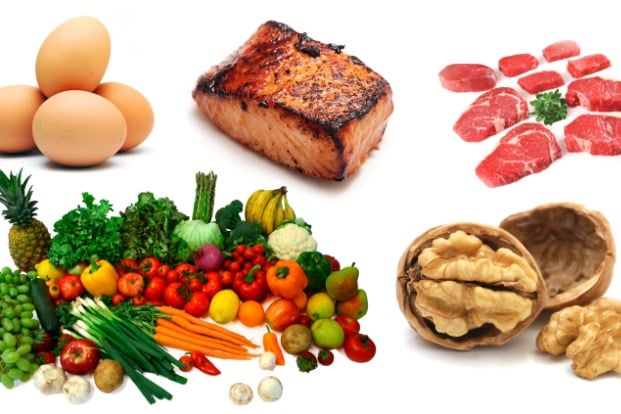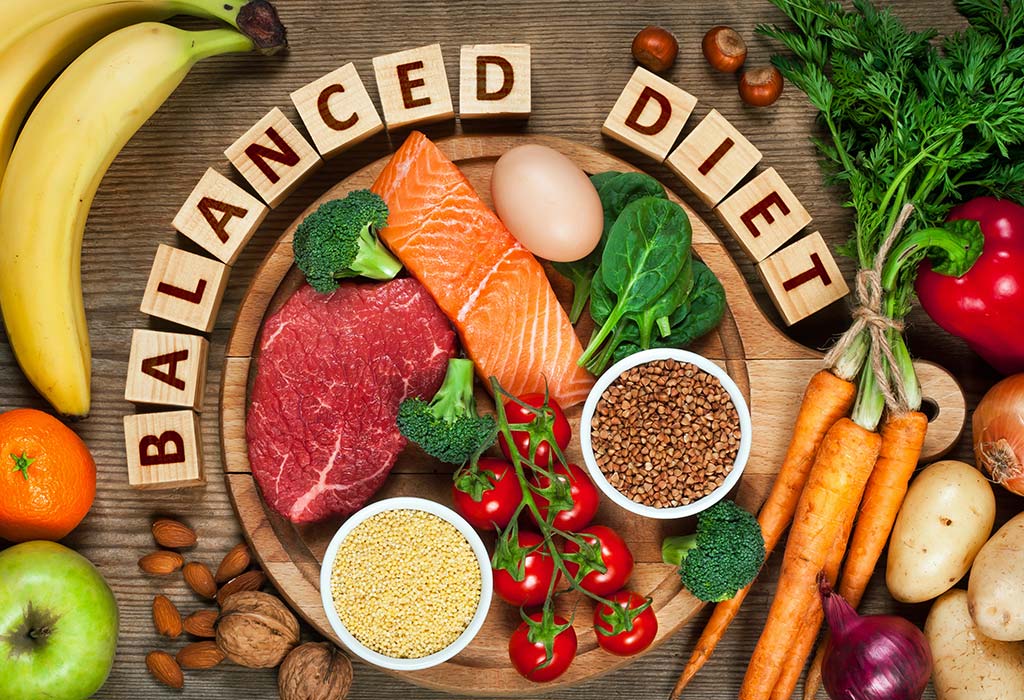Categories
- Bariatric Surgery (11)
- Black Fungus (5)
- Bone Marrow transplant (3)
- Brain Tumor Surgery Navigation Technology (20)
- Cardiac Surgery (66)
- Cardiology (97)
- Computer navigation technology for joint replacements (20)
- Covid Vaccination (17)
- Critical Care (2)
- Dental (19)
- Dermatology (31)
- Dialysis Support Group - “UTSAAH” (11)
- Dietitian (33)
- Emergency Medicine (4)
- Emotional Health (11)
- Endocrinology (33)
- ENT (20)
- Gastroenterology and GI Surgery (53)
- General and Laparoscopic Surgery (21)
- General Surgery (4)
- Gynecology & Obstetrics (183)
- Hematology (20)
- Internal Medicine (294)
- Kidney Transplant (50)
- Kidney Transplantation (20)
- Lung Cancer (8)
- Minimal Invasive Surgery (1)
- Mother & Child (20)
- mucormycosis (5)
- Nephrology (61)
- Neurology (147)
- Neurosurgery (68)
- Nutrition and Dietetics (107)
- Omicron Variant (1)
- Oncology (288)
- Ophthalmology (10)
- Orthopaedics & Joint Replacement (86)
- Paediatrics (59)
- Pediatric Nephrology (3)
- Physiotherapy (5)
- Plastic & Reconstructive Surgery (6)
- Psychiatry and Psychology (90)
- Psychologist (28)
- Pulmonology (72)
- Rheumatology (13)
- Spine Services (21)
- Transradial Angioplasty (16)
- Urology (84)
Query Form
Posted on Apr 19, 2022
Amazing Ways to Maintain a Balanced Diet Chart
A balanced diet is the one which provides our body with all nutrients needed by it for correct functioning. It is not some crash diet, but rather a well-planned diet which aims to cover all important macro-nutrients such as carbohydrates, protein & along with the micro-nutrients such as minerals and vitamins. For a balanced nutrition, we need majority of our daily energy from fresh fruits & vegetables, whole grains & lean proteins.

What is a balanced diet chart?
Balanced diet chart is a representation of healthy diet chart which contains required nutrients.
It involves all food groups & ensures that we get everything which our body requires through diet. It is a guideline which provides us right choices of food to gain optimal health.
Steps for planning ultimate balanced diet chart:
Step1- Take whole grains like quinoa, barley & millet.
Step2-Add more of the fruits & vegetables to our meals which are rich in minerals and vitamins
Step3- Have protein sources such as fish & eggs.
Step4- Do not forget to restrict the fasts & oils along with salt and sugar.
Importance of a Balanced diet chart:
- It is of utmost importance to our body for it’s proper functioning. It requires vitamins & minerals for maintaining the cells, organs and tissues.
- Following a balanced diet chart also assists to maintain a healthy weight, lowers, body fat, gives energy to our body, gives sound sleep & finally provides the feeling of well-being to us.
- We recommend healthy and balanced diet for maintaining good health. It is highly important to have right balance of minerals & vitamins.
Roles of the vitamins in a balanced diet:
- Vitamin B1 is required to improve metabolism and is found in nuts, legumes, seeds, etc.
- Vitamin C or Ascorbic acid assists in iron absorption & protects our immune system and is found in fruits such as citrus fruits & vegetables such as potatoes, tomatoes, lettuce, etc
- Vitamin B12 or cobalamin to make new cells is found in poultry, meat, fish, milk, seafood eggs and the milk products.
- Vitamin A is a fat-soluble vitamin which is found in sweet potatoes, dark leafy greens, carrots, fish, liver, tropical fruits, etc.



